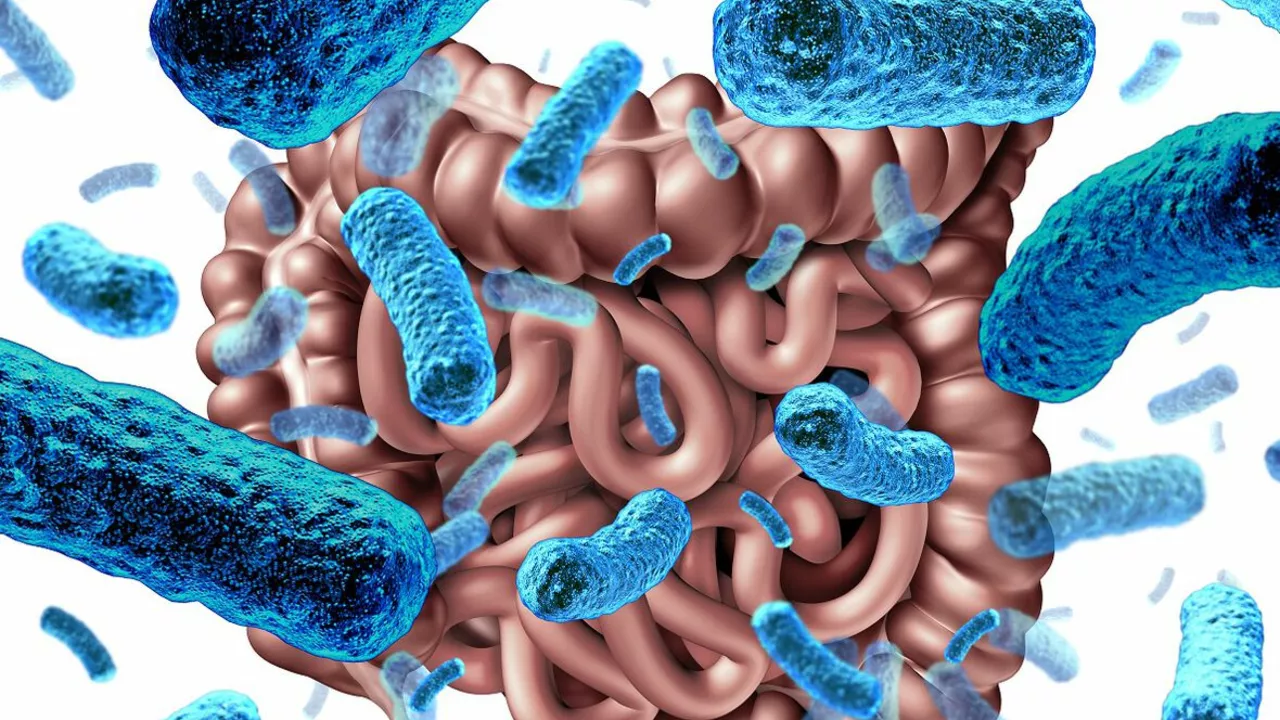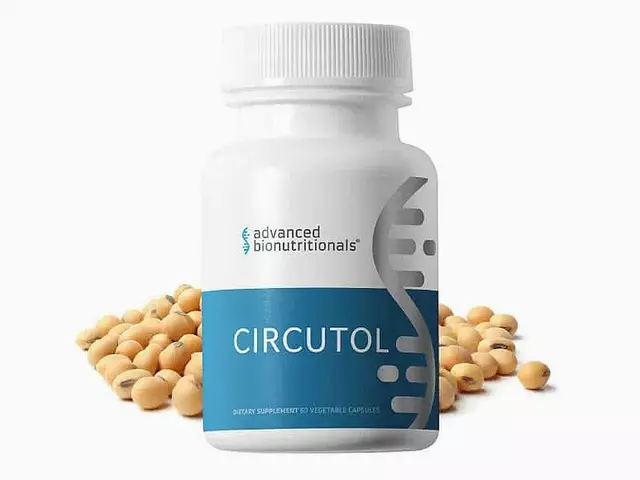The Importance of Gut Microbiome Diversity
Our gut microbiome is a complex ecosystem, teeming with trillions of microorganisms. These microorganisms play a crucial role in our health, influencing everything from digestion to immunity. Just like any other ecosystem, diversity is key. A diverse gut microbiome is generally considered healthier, as it's more resilient and adaptable in the face of challenges. It's also better equipped to perform all the functions we need it to. The more diverse our gut microbiome, the more likely it is to have the right bacteria for any job.
However, factors like a poor diet, stress, and overuse of antibiotics can significantly reduce this diversity, leading to an imbalance known as dysbiosis. This can trigger a range of health problems, including obesity, diabetes, and even mental health disorders. Therefore, maintaining a diverse gut microbiome is vital for overall health and well-being.
Understanding Probiotics
Probiotics are live bacteria and yeasts that are good for our health, especially our digestive system. They're often referred to as 'friendly' or 'good' bacteria because they help keep our gut healthy. They do this by replenishing our gut microbiome, crowding out harmful bacteria, and influencing our body's immune response.
Probiotics come in different forms, including dietary supplements and fermented foods like yogurt, sauerkraut, and kimchi. They contain various types of bacteria, primarily Lactobacillus and Bifidobacterium species, each with its benefits. Some probiotics help break down food and absorb nutrients, while others aid in the production of essential vitamins.
Probiotics and Gut Microbiome Diversity
So how do probiotics relate to gut microbiome diversity? Well, by introducing a variety of beneficial bacteria into our gut, probiotics can help increase this diversity. They can supplement our gut microbiome with strains of bacteria that might be missing or in short supply, promoting a more balanced and diverse ecosystem.
Moreover, some probiotics have been shown to promote the growth of other beneficial bacteria, further enhancing diversity. They can also help restore diversity after it's been disrupted, for example, by antibiotics or illness. This makes them a valuable tool in maintaining and improving gut health.
The Benefits of Probiotics on Gut Health
By increasing gut microbiome diversity, probiotics can offer a range of health benefits. They can aid digestion, improve nutrient absorption and strengthen the immune system. They can also help manage conditions like irritable bowel syndrome (IBS), inflammatory bowel disease (IBD), and antibiotic-associated diarrhea.
Moreover, research suggests that probiotics might even have benefits beyond the gut. For example, they could influence mental health through the gut-brain axis, a communication network linking our gut microbiome with our brain. Some studies suggest that probiotics could help manage conditions like depression and anxiety, although more research is needed in this area.
Choosing the Right Probiotic
With the growing awareness of the health benefits of probiotics, the market is flooded with a wide array of probiotic products. However, not all probiotics are created equal. Different strains have different effects, and what works for one person may not work for another. Therefore, it's crucial to choose a probiotic that's right for you.
When choosing a probiotic, consider factors like the strains it contains, its potency (measured in colony-forming units or CFUs), and any additional ingredients. If you have a specific health condition, you might also want to look for a product that's been clinically tested for that condition. Finally, remember that while probiotics can support gut health, they're not a substitute for a healthy diet and lifestyle.





I think probiotics can be a useful addition but they’re not a magic bullet they’re part of a broader diet strategy
Exactly keep a consistent intake and you’ll see improvement trust the process and stay disciplined
I get that it can feel overwhelming trying to pick the right strain it’s okay to start with a simple yogurt and see how you feel
Actually most studies are overhyped probiotics rarely change diversity you’ll still need fiber and whole foods
One must consider that many probiotic manufacturers are funded by hidden interests and the data presented may be selectively reported
Empirical evidence indicates that supplementation with multi‑strain Lactobacillus and Bifidobacterium can transiently increase operational taxonomic unit richness in the gut microbiome when administered post‑antibiotic therapy
It’s pathetic how some people blindly trust glossy packaging while the underlying microbiota remains in chaos this commercial hype feeds on fear and exploitation
Sounds good.
Oh sure, because popping a pill is totally going to replace every vegetable you ever skipped, right?
People should stop messing with their gut and just eat godly foods, it’s sin to trust those chemist‑made pills
Great info! Keep exploring and you’ll find the perfect probiotic for you 😊
I just try a spoon of kefir each day and feel better
I appreciate the balanced view here and will consider both diet and supplement options moving forward
Probiotic formulations represent a heterogeneous class of biotherapeutics with strain-specific metabolic capacities
The concept of colonization resistance hinges on niche occupation and competitive exclusion dynamics
Multi‑strain consortia can orchestrate cross‑feeding interactions that amplify short‑chain fatty acid production
Clinical trials have reported modest increments in alpha‑diversity metrics such as Shannon index following a 4‑week regimen
However, the effect size is highly contingent on baseline community composition and dietary fiber intake
Metagenomic sequencing reveals transient persistence of introduced taxa with clearance after cessation of supplementation
The interplay between bile acid deconjugation and microbial enzymatic pathways further modulates host metabolic outcomes
Synbiotic approaches that couple prebiotic substrates with specific probiotic strains aim to enhance engraftment efficiency
Real‑world adherence remains a critical variable influencing observed efficacy in heterogeneous populations
Regulatory frameworks differ across jurisdictions, limiting standardized labeling of CFU potency and strain verification
Consumer education initiatives should emphasize the importance of strain specificity rather than generic probiotic claims
Emerging data suggest that post‑antibiotic microbiota restoration may benefit from high‑dose, multi‑species formulations
Nonetheless, longitudinal studies are needed to ascertain durability of diversity gains beyond six months
Integrative strategies that combine diet, lifestyle modification, and targeted supplementation are likely to yield synergistic effects
Ultimately, personalized microbiome analytics will drive next‑generation probiotic design, ushering in precision‑nutrition paradigms 😊